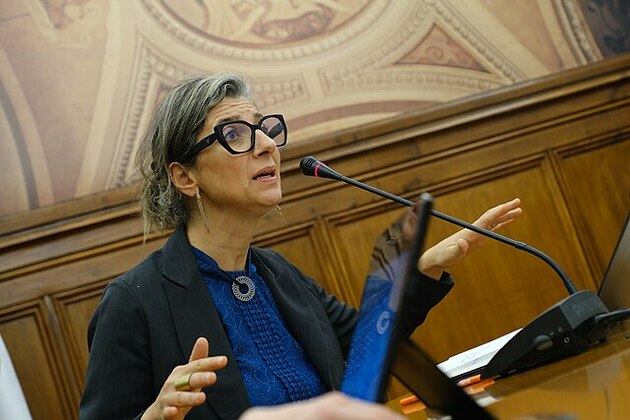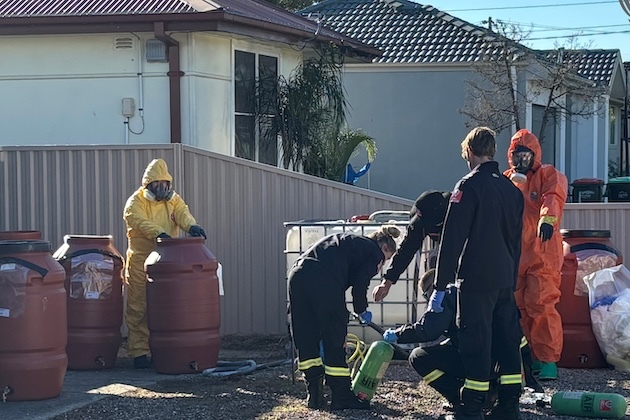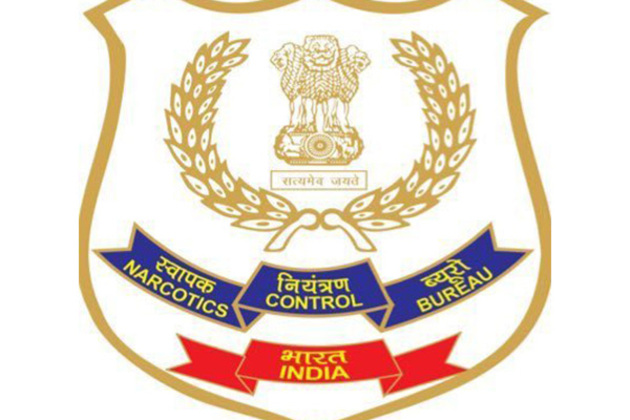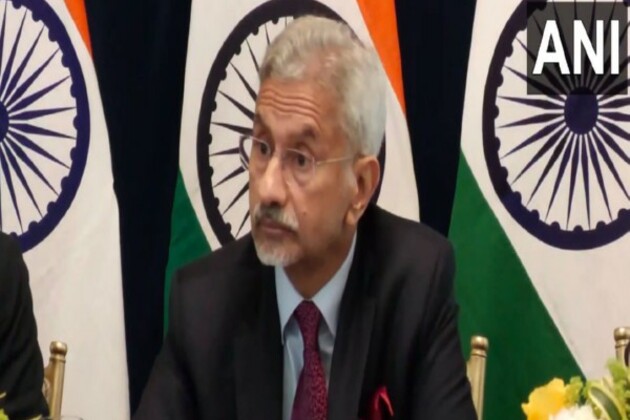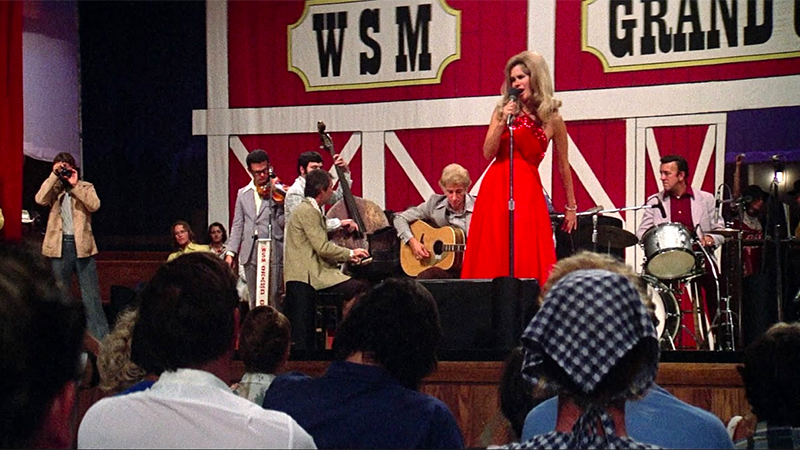How much has support for the Voice fallen? It depends on how you ask
The Conversation
06 Feb 2023, 02:08 GMT+10
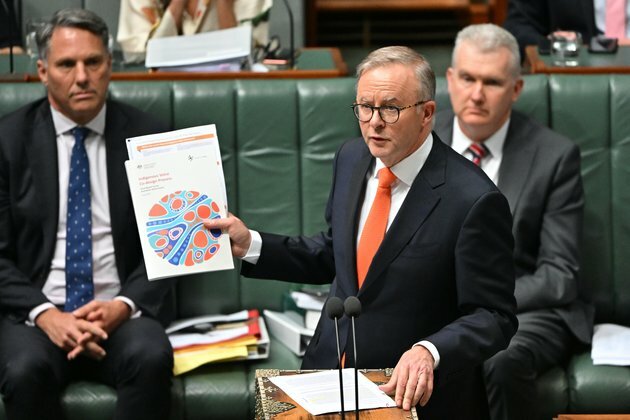
Support for embedding an Indigenous Voice to parliament in the Constitution has fallen. The polls provide good evidence once you work out how to find it.
However, the voters who have shifted are not Labor voters or those who vote for the Greens - they are Coalition voters.
These voters have not shifted to the "undecided" column or joined the "don't knows", as some pollsters suggest; they have shifted to the "no" column.
This may not be fatal to the referendum's prospects, but with the campaign barely begun and support slipping in the final weeks of other referendum campaigns, it is serious.
Comparing different polls that asked the same question
One way of establishing whether support has shifted is to compare polls taken by the same pollster using the same question, some time apart.
From May (59%) through August (57%) to October (55%), SEC Newgate reported a decline of four percentage points in favour of inscribing a Voice in the Constitution.
Between September (65%) and October (60%), Compass reported a decline of five percentage points in polling that was made available to me.
And from August (65%) to December (63%), a much longer period, Essential Media, whose polls are published in the Guardian, reported a smaller decline.
While the shifts were all in the same direction, their disparate sizes are difficult to reconcile. The task of estimating the overall shift, from the earliest date (May) to the latest (December), is more difficult still.
Read more: Most Australians support First Nations Voice to parliament: survey
Comparing two polls from the same pollster using different questions
Another approach is to compare polls taken by the same pollster, some time apart, even when the question used the first time differs from the question used the second time.
Recently, David Crowe, chief political correspondent for the Sydney Morning Herald, reported that support for an Indigenous Voice to parliament had fallen from 53% to 47%, though when forced to choose between "yes" and "no", support had fallen less steeply, from 64% to 60%.
Crowe's report was based on a comparison between the latest Resolve poll (December-January) and an earlier poll Resolve had run (August-September).
The first time around, the Resolve question rehearsed the prime minister's proposed wording of the constitutional amendment; the second time around, it did not.
The first time, it avoided the word "enshrine", a word some may have found off-putting. And the first time, it asked a standard "yes", "no", "don't know" question, while the second time, it asked whether respondents would definitely vote yes, probably vote yes, were undecided or did not have enough information, would probably vote no or would definitely vote no.
In short, if support had slipped, this was not a set of questions that could show it.
The best way to see how far support has fallen
In the absence of a panel, where the shift in views of individual respondents are tracked, the best way of seeing how far opinion has changed is to compare the seven national polls conducted between late May and September (by Dynata, Essential, Resolve, Scanlon, and SEC Newgate) and the four conducted between October and January (by Freshwater, Morgan, Resolve, and SEC Newgate).
All of these polls meet acceptable standards for question wording and are similar in their range of response options.
This way, we can look at a larger number of polls, avoid the problem of overlapping timeframes when making comparisons, and allow differences in question wording and in response formats to wash out.
Across the two periods, the proportion of respondents saying "yes" declined from 58 to 51%, while the proportion saying "no" increased from 18 to 27%. These are averages across the two sets of polls; the medians are little different.
This suggests a decline of about seven percentage points in support for inscribing a Voice in the Constitution and an increase of around nine points in opposition.
Which voters have moved - and where have they moved
We can also compare the averages of the polls that break down results by party in order to see how support for the Voice has shifted among voters who support the Coalition, Labor, the Greens or other parties.
Between late May and September, support among Coalition voters averaged 45% in the six polls that broke down the results by party. Among Labor voters, support averaged 64%; among the Greens, 80%; and among others, 53%.
Between October and January in the three polls that broke the results down by party, support among Coalition voters averaged just 36%; among Labor voters it averaged 67%; among the Greens, 80%; and among others, 52%.
In short, while support among Coalition voters dropped by nine percentage points, on average, among other voters it remained steady or increased. If respondents in the two sets of polls shifted from "yes" to "no", then Coalition voters must have shifted from "yes" to "no" - not to "don't know".
Moving to "don't know" might have suggested they were open to coming back; moving to "no" suggests they are not, especially for Nationals happy to follow the party line. (Unfortunately, the polls do not distinguish Liberal voters, National voters and those in Queensland who vote for the LNP.)
Read more: Could the Nationals' refusal to support a Voice to Parliament derail the referendum?
Parties as influencers
One of the questions keeping some in the "yes" campaign up at night is how much support would decline if the Liberals (or the Greens) came out against the Voice, or became increasingly divided.
Others have slept well in the belief that the standing of the major parties is so attenuated it no longer matters what the Liberals decide to say.
Just how far parties as opinion leaders have declined is one thing the referendum may help reveal. With the prime minister loud in his support, the opposition leader expressing his doubts, and the Nationals saying no, perhaps it has started to do so already.
Author: Murray Goot - Emeritus Professor of Politics and International Relations, Macquarie University 
 Share
Share
 Tweet
Tweet
 Share
Share
 Flip
Flip
 Email
Email
Watch latest videos
Subscribe and Follow
Get a daily dose of Perth Herald news through our daily email, its complimentary and keeps you fully up to date with world and business news as well.
News RELEASES
Publish news of your business, community or sports group, personnel appointments, major event and more by submitting a news release to Perth Herald.
More InformationInternational Business
SectionOver 60 companies named in UN report on Israel-Gaza conflict
GENEVA, Switzerland: A new United Nations report alleges that dozens of global corporations are profiting from and helping sustain...
Persson family steps up H&M share purchases, sparks buyout talk
LONDON/STOCKHOLM: The Persson family is ramping up its investment in the H&M fashion empire, fueling renewed speculation about a potential...
Shell rejects claim of early merger talks with BP
LONDON, U.K.: British oil giant Shell has denied reports that it is in talks to acquire rival oil company BP. The Wall Street Journal...
Trump-backed crypto project gets $100 million boost from UAE fund
LONDON, U.K.: A little-known investment fund based in the United Arab Emirates has emerged as the most prominent public backer of U.S....
Australian PM rejects US pressure to ease biosecurity rules
SYDNEY, Australia: Australia will not ease its strict biosecurity rules during trade talks with the United States, Prime Minister Anthony...
Microsoft to lay off nearly 4% of its workforce
Washington DC [US], July 3 (ANI): American tech giant Microsoft will lay off nearly 9,000 employees, about 4 per cent of its workforce...
Australia
SectionWestern Sydney raid results in seizure of $25 Million in drugs
SYDNEY, NSW, Australia - , Australian Federal Police (AFP) have shut down a secret drug lab in Sydney's west and seized more than 100kg...
UN Demands End to Myanmar Violence as Junta’s Election Plans Risk Further Instability
Nearly three months after a devastating earthquake struck Myanmar, the country remains trapped in a deepening crisis, compounded by...
Fresh IVF error raises alarm over clinic safety and oversight
MELBOURNE, Australia: A second embryo mix-up in just two months has pushed one of Australia's largest IVF providers back into the spotlight,...
Australian PM rejects US pressure to ease biosecurity rules
SYDNEY, Australia: Australia will not ease its strict biosecurity rules during trade talks with the United States, Prime Minister Anthony...
NCB busts global drug cartel using encrypted apps, crypto and B2B platforms
New Delhi [India], July 4 (ANI): In one of the largest crackdowns on the illegal pharmaceutical trade, the Narcotics Control Bureau...
"Issue of great concern": Jaishankar on South China Sea
Washington DC [US], July 3 (ANI): External Affairs Minister S Jaishankar said that the South China Sea was discussed during the Quad...

